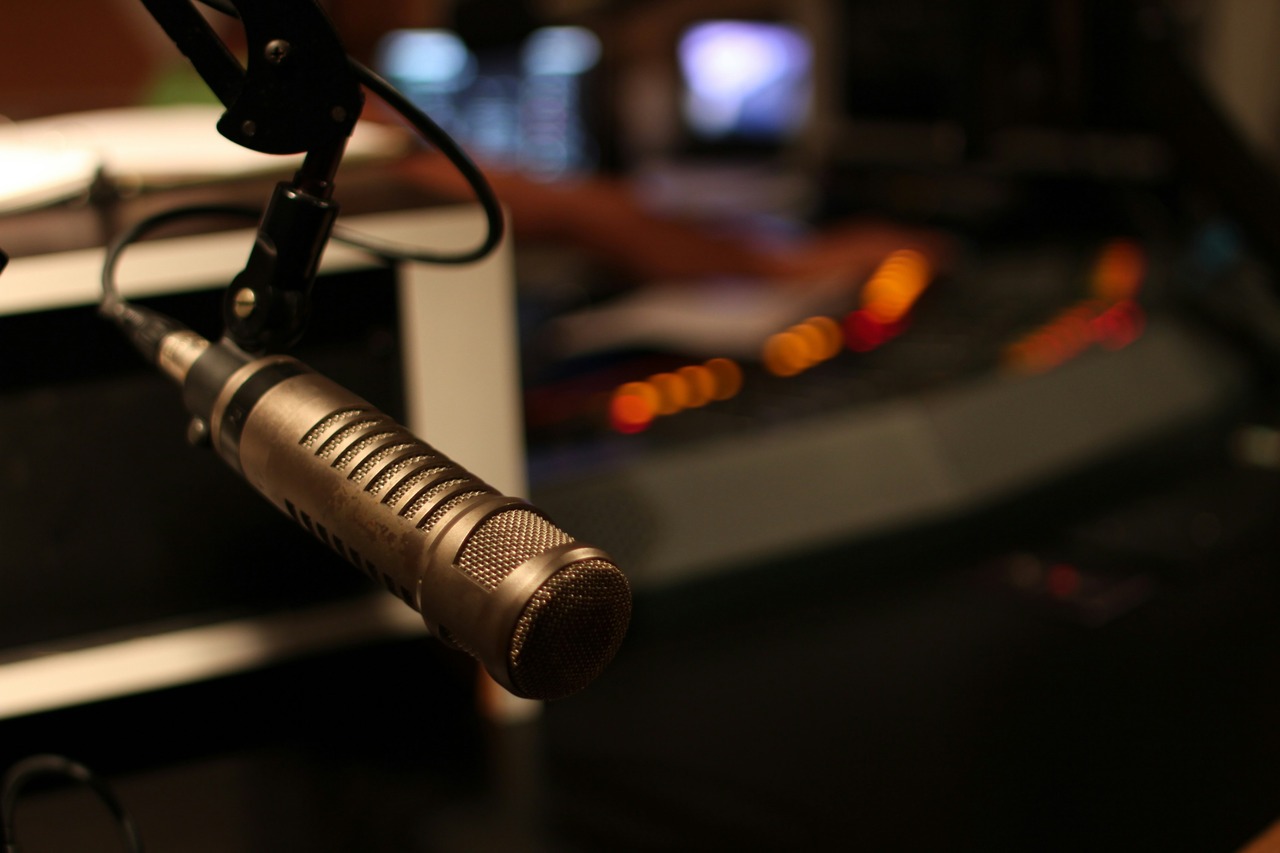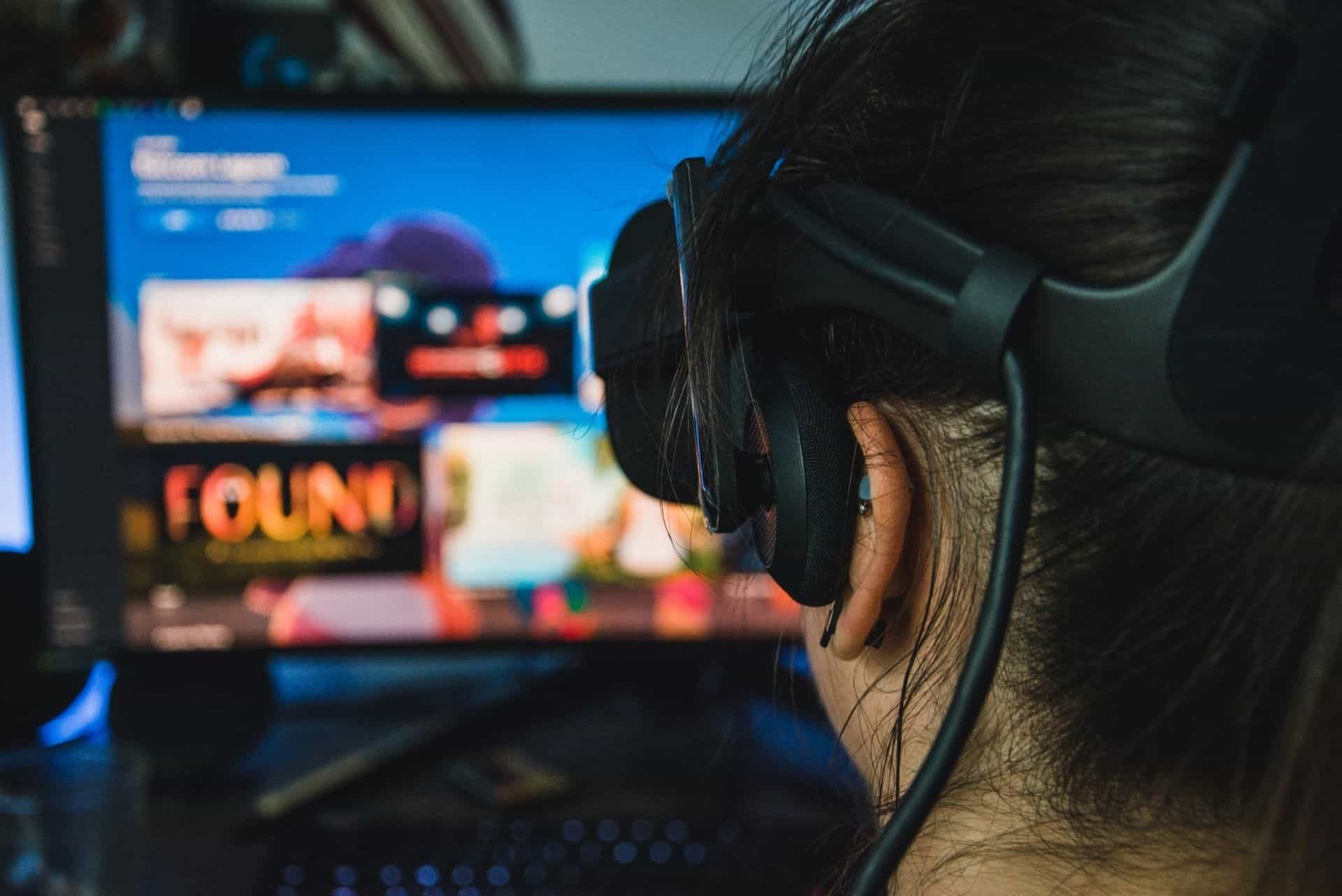You’ve probably seen or own a Tesla vehicle. The push to avoid fossil fuel use makes sense on many levels, but Tesla may have overestimated their electric vehicle range when selling their models. The error landed them in a bit of legal trouble and on the receiving end of a Tesla lawsuit. The case may set a precedent that discourages other technology companies from innovation.
The lawsuit comes from consumers who believe the company intentionally overestimated the driving range of its electric vehicles. Three Tesla owners filed a class action lawsuit in California with the accusation that Tesla participated in false advertising by exaggerating the Tesla range possibilities. Reports state that Musk ordered the use of algorithms that made the vehicles seem like they went further than they actually did.
Forbes reports that a man who owns a Model Y Tesla lost around 182 miles of range after driving a mere 92 miles. The lawsuit’s premise is that had owners known the accurate Tesla range, they either wouldn’t have purchased the vehicles or would have paid less. Owners who suffered low electric vehicle range feel defrauded.
Canceling Appointments and Ignoring Complaints
One thing that worked against the company involved reports of a secret team they deployed to suppress any complaints about Tesla range concerns. Such actions gave the company an unfair advantage over other eclectic vehicle manufacturers and squashed honest reviews that might have made Tesla owners think twice before buying.
Reuters tells the story of Alexandre Ponsin, owner of a used 2021 Tesla Model 3. The advertised driving range was 353 miles on a full charge. Yet, he was getting half that amount and felt the car must have a serious issue. He made a service appointment but it was canceled with a note that they remotely checked the battery and it was functioning properly.
Reuters reported that a team was called to cancel appointments because their service centers were slammed with similar complaints. Managers shared with staff that Tesla saved $1,000 for every canceled service appointment.
The inconvenience of a vehicle that loses its charge sooner than expected has multiple issues for consumers. Not only can motorists find themselves stranded but they might have to stop on a longer trip and recharge a number of times. If the Tesla owner can find a DC fast charging station, they may be able to get 200 more miles range in 15 minutes or so. However, some charging stations still have slower options that can take several hours to complete a charge.
You can imagine the growing concern and fury over the lack of resolution. It isn’t surprising the three customers filed a lawsuit against the company to try to get some relief.
What Did the Tesla Lawsuit Judge Decide?
In March 2024, U.S. District Judge Yvonne Gonzalez Rogers stated owners must go to arbitration to resolve any disputes over Tesla ranges. The ruling indicated they’d agreed to arbitration when they purchased their vehicles.
Tesla said the lawsuits have no merit. However, they did lower their electric vehicles’ driving range estimates in January 2024 due to a new federal vehicle testing regulation.
While arbitration clauses are standard in many technology sectors, users often fail to read them and understand the legal process they’ve agreed to. Even though arbitration can reduce overall legal costs, it also discourages company transparency and kills class action lawsuits.
The Precedent for Companies
Forcing consumers into arbitration with a company that already wasn’t communicating well with them has some wider impacts. Critics of the decision are concerned consumers will be unable to keep companies accountable for their poor decisions that cause them harm.
A wrongful death lawsuit alleging that Dr. Kanokporn Tangsuan died because of an allergic reaction to a dish she was served at a Disney Springs restaurant is another example of companies adding arbitration clauses consumers don’t read because they are hidden in the middle of a bunch of words.
At first, Disney asked for arbitration, stating the husband agreed to it in a Disney Plus subscription he had. In 2019, the husband signed up for a free trial of the streaming service and also agreed to arbitration by purchasing theme park tickets digitally.
After public backlash, Disney agreed to let the lawsuit go to court and waived their right to arbitration, but the situation brings up some interesting legal concerns about various technology agreements consumers click “agree” for without knowing what they are actually approving.
Since digital services and goods are often at the heart of what tech companies provide, the Tesla and Disney situations bring up some concerns.
Lack of Transparency
The public may not know about an issue with a brand because arbitration forces issues behind closed doors. Lack of transparency could lead to companies failing to fix known issues. Companies won’t worry as much about public outcry and may take on shady practices.
Public rage can be a driving force that makes companies toe the line. Unfortunately, without accountability, it’s doubtful some will do the right thing on their own.
Unfair Advantage for Big Corporations
Being forced to negotiate with a large company can be daunting. The typical consumer doesn’t have thousands of dollars to spend on legal fees. They must then either negotiate without the benefit of representation or forget about the issue altogether.
Companies such as Disney have teams of attorneys the person might have to face.
While there are some valid concerns with arbitration, it can save time and money. If the company is fair with the individual they harmed, complaints can be settled rapidly and without anyone spending much on litigation. Most people want strong companies to keep growing. Forcing arbitration can prevent bankruptcy due to ongoing and sometimes frivolous litigation.
What Is the Fallout From the Tesla Lawsuit?
Public outrage over the lack of transparency and inability for the little guy to win a case is growing. Already, people have called for legislation to do something about obscure arbitration clauses.
People want more consumer protection from big corporations that already have the advantage of money to fight claims. The Tesla driving range case created awareness of the need for more protections to balance corporate health with consumer rights.
Tech giants should be aware that the way they respond and navigate arbitration clauses can improve or erode the trust consumers put in them. The more people who become aware of the issues with range, Tesla’s potential coverup and their arbitration clauses, the more who will refuse to buy the brand. Tech companies would be wise to reconsider utilizing arbitration to avoid litigation, lest they completely erode their brand reputation.
Recent Stories
Follow Us On
Get the latest tech stories and news in seconds!
Sign up for our newsletter below to receive updates about technology trends




